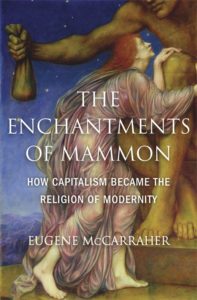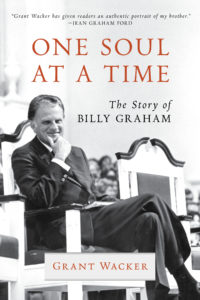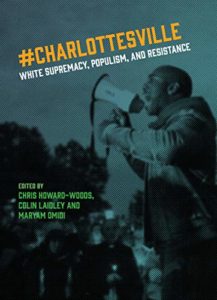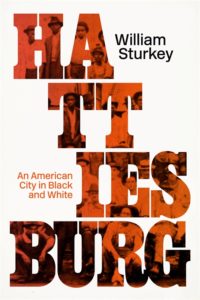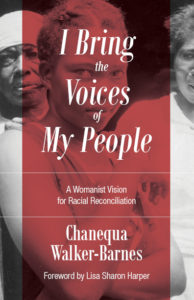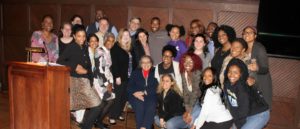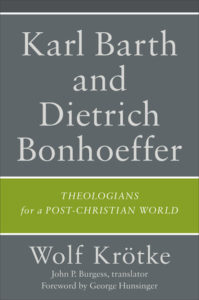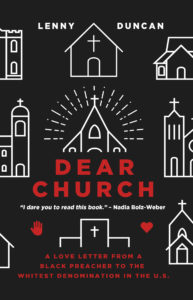
On the Lived Theology Reading List: Dear Church
In Dear Church: A Love Letter from a Black Preacher to the Whitest Denomination in the US, Reverend Lenny Duncan uses his unique background and perspective to point out the problems he sees in his denomination, and in the Christian community at large. Formerly incarcerated, Duncan is now a black preacher in the Evangelical Lutheran Church in America (ELCA), which is the whitest denomination in the United States. Read More

